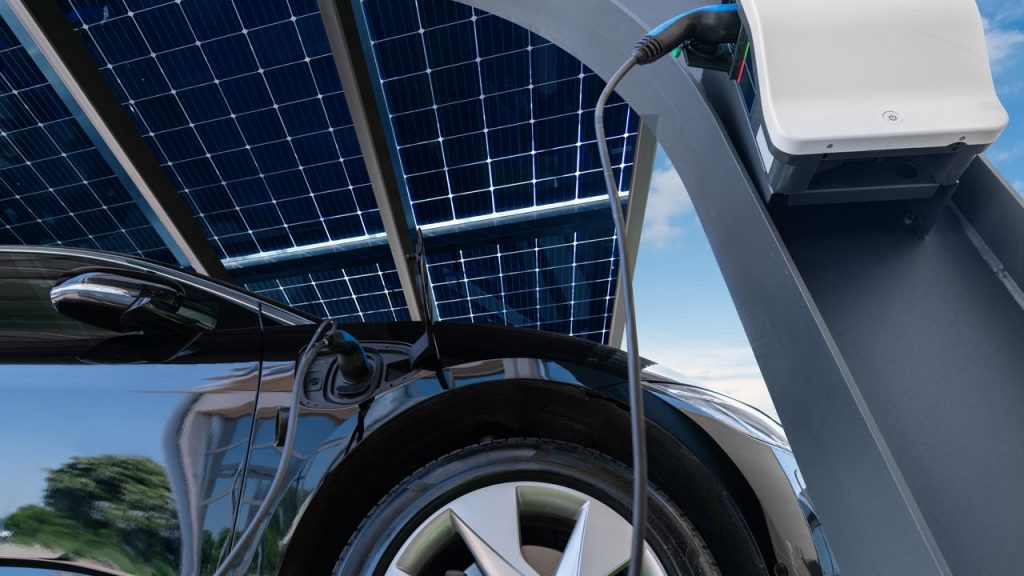EV Charging Station Management: Streamlining Operations with Payment Integration, Alerts, and Remote Control
As the popularity of electric vehicles (EVs) continues to rise, the demand for efficient and reliable EV charging stations is also increasing. To meet this demand, it is crucial for businesses and organizations to effectively manage their charging stations. This includes implementing advanced features such as payment integration, alerts, and remote control capabilities. In this blog post, we will explore how these features can streamline EV charging station management and enhance the overall user experience.
Charging Station Payment Integration
One of the key challenges faced by EV charging station operators is managing payments. Traditional payment methods, such as cash or credit cards, can be cumbersome and time-consuming. To address this issue, integrating a seamless payment system into charging stations is essential.
By implementing payment integration, EV charging station operators can offer users a variety of convenient payment options, including mobile payment apps or RFID cards. This not only simplifies the payment process but also enhances the user experience, making it more likely for EV owners to choose your charging station over others.
Furthermore, payment integration enables operators to track revenue and generate detailed reports, providing valuable insights into the financial performance of their charging stations. This data can be used to optimize pricing strategies and identify potential areas for improvement.
Charging Station Alerts
Another crucial aspect of EV charging station management is monitoring the stations’ performance and addressing any issues promptly. Charging station alerts play a vital role in ensuring the smooth operation of the stations and minimizing downtime.
With the help of advanced monitoring systems, charging stations can send real-time alerts to operators or maintenance personnel in the event of any malfunctions or abnormalities. These alerts can be configured to notify the relevant individuals via email, SMS, or through a dedicated management dashboard.
By promptly receiving alerts, operators can take immediate action to resolve issues, ensuring that the charging stations remain operational and available for users. This proactive approach not only improves user satisfaction but also reduces maintenance costs and maximizes the uptime of the charging infrastructure.
Charging Station Remote Control
Remote control capabilities are a game-changer when it comes to managing EV charging stations efficiently. With remote control features, operators can access and control charging stations from a centralized management system, regardless of their physical location.
This remote control functionality allows operators to remotely start or stop charging sessions, monitor energy consumption, adjust pricing, and perform diagnostics. Additionally, it enables operators to update the charging station software or firmware without the need for physical intervention.
By having full control over the charging stations remotely, operators can optimize their operations, respond to user demands in real-time, and ensure that the charging infrastructure is always up-to-date and functioning optimally.
Conclusion
Efficient management of EV charging stations is crucial for meeting the increasing demand for electric vehicle charging. By integrating payment systems, implementing alerts, and utilizing remote control capabilities, operators can streamline their operations, enhance user experience, and maximize the uptime of their charging infrastructure.
Investing in advanced charging station management solutions not only benefits the operators but also contributes to the growth of the electric vehicle ecosystem as a whole. As the EV market continues to expand, staying ahead of the curve with innovative and user-friendly charging station management practices will be key to success.


